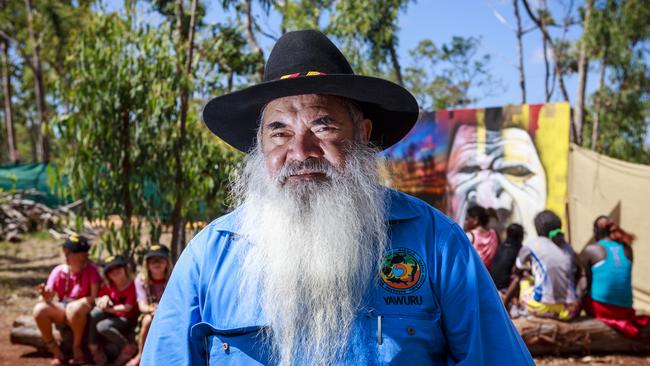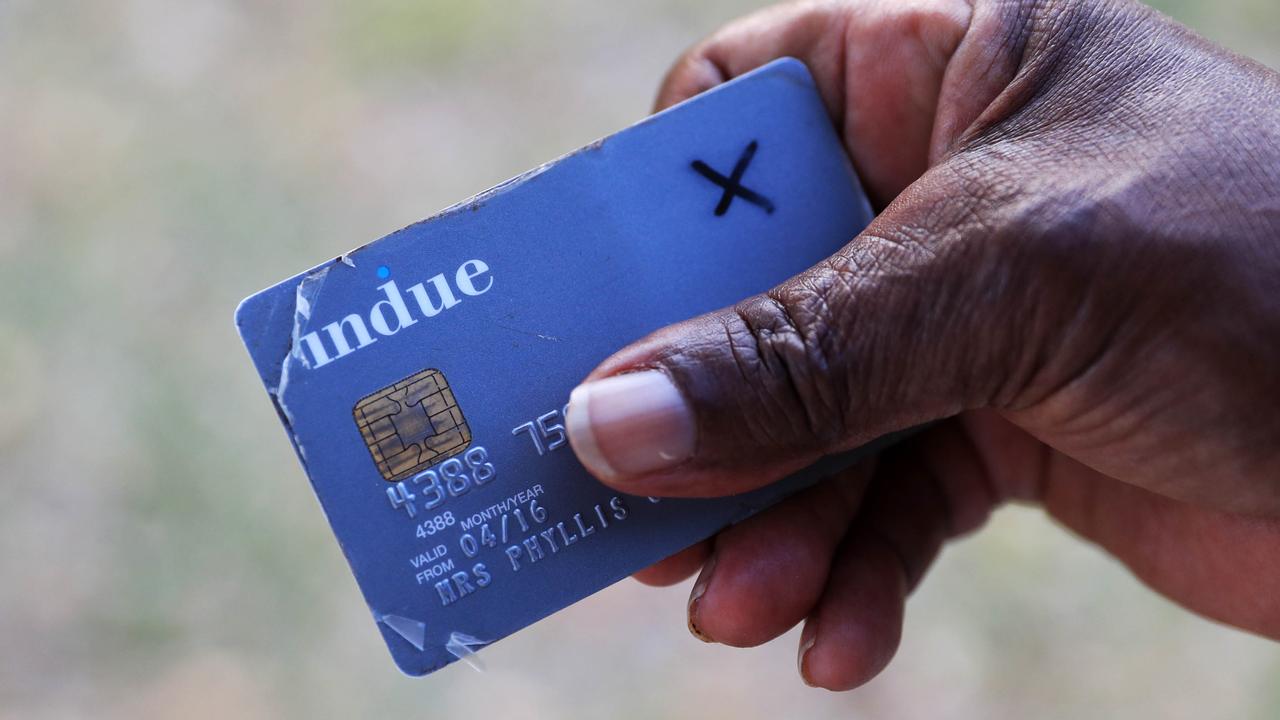Patrick Dodson’s shift on racial discrimination ban in referendum
Patrick Dodson appears willing to back a referendum minus a constitutional ban on racial discrimination.

Influential Yawuru leader Patrick Dodson has signalled his willingness to back a referendum proposition without an explicit constitutional ban on racial discrimination, if the newly formed Referendum Council he co-chairs decides that is in the best interests of the nation.
The move opens the way for the 16-member council to begin working towards a compromise position potentially acceptable to both Coalition and Labor partyrooms and the voting public when it holds its first meeting on Monday in Sydney.
Debate around plans to recognise indigenous people in the modern nation’s founding document has seemingly been deadlocked for months, with Mr Dodson leading a stand by national Aboriginal figureheads in declaring that without explicit prohibition of racial discrimination, the entire constitutional reform process might not be worth doing.
In August he told an audience at the Garma Festival they “may as well be going to Hawaii” as to Arnhem Land to learn about Aboriginal culture if they weren’t prepared to get behind plans to insert a racial discrimination clause.
Speaking this week, Mr Dodson struck a more conciliatory note. He warned such a clause would “have a hard time” getting up, and that the council’s consensus view would ultimately be what was best for the country. “Obviously if there’s no support for it (a clause) across the Australian population then it’s not going to have legs to stand on,” Mr Dodson said. “We have to go with what people are genuinely supportive of and say, ‘this is the best we can achieve in 2016’.”
He eschewed proposals for a package of measures involving co-ordinated changes to the Constitution, policy and statute on the basis it would confuse the constitutional question. “Whatever it is we put forward, it has got to be very simple, very plain and very clear,” he said. “If you put too many things on the agenda then you lose the opportunity to achieve what might be a small gain.”
Mr Dodson’s refined thinking points toward a middle ground whereby conservatives would agree to replace outdated constitutional elements with a new head of powers for parliament to make laws for the benefit of indigenous people, while Aboriginal leaders would forgo a racial discrimination clause that could impose far-reaching effects upon Australia’s legal and policy framework if used for judicial activism.
Such a proposal would avoid the “mere preambular embroidery” Cape York indigenous leader Noel Pearson rejected in August. At that time Arnhem Land leader Galarrwuy Yunupingu said he thought a racial discrimination ban was necessary, while acknowledging his mind was not yet set on the issue.
However, it would be unlikely to appease the Institute of Public Affairs, which wants the Constitution to be “colour blind” and reacted to the Referendum Council’s creation by launching a new campaign website.
“Any constitutional proposal that divides Australians according to race, ethnic background or skin colour will be rejected,” said the IPA’s Simon Breheny.
“The two sections which refer to race should be deleted, and nothing new should be added.”
Top tax lawyer Mark Leibler, who co-chairs the council alongside Mr Dodson, believes a successful referendum can be achieved even if there is a strong “no” case, provided the Prime Minister and Opposition Leader campaign strongly.
Mr Leibler and Mr Dodson say the referendum process from here effectively involves defining the minimum proposition acceptable to the indigenous world and then promoting it to the rest of the country.
Behind the scenes, some of those appointed to the Referendum Council have been working hard to convince members of the Aboriginal sovereignty movement that constitutional recognition would be a step forward. Some see it as potentially detrimental to the push one day to achieve a treaty.
There is significant scepticism around the meaning of polls that have indicated as many as three in four people could support for recognising Aboriginal people in the Constitution. One council member this week said the numbers were “bizarre”.
Michael Rose, the Business Council of Australia’s representative on the Referendum Council, warned against trusting the figures too much. “I think there’s always a chance that we will get a different result once people are asked to concentrate on something specific,” he said.
Tanya Hosch, who has been leading the public awareness campaign for Recognise for the past four years, said her generation of indigenous leaders needed to pursue constitutional change that was meaningful.
Most Referendum Council members spoken to by The Weekend Australian expressed confidence a “yes” vote could be achieved within the 2017 timeframe, chosen to match the 50th anniversary of the 1967 referendum on indigenous rights.


